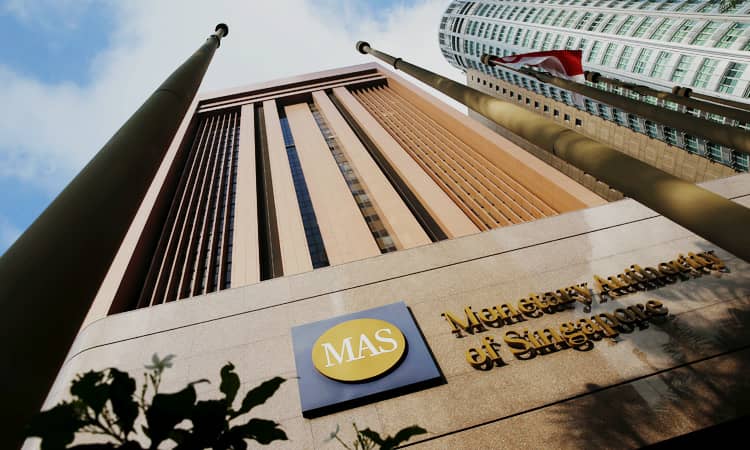Diaspora Desk
Singapore Eases Monetary Policy, Avoids Recesssion

Singapore eased monetary policy for the first time in over three years on Monday as the US-China trade war bites, while the export-reliant economy narrowly avoided recession in the third quarter.
The financial hub’s central bank joins others around the world, from Europe to the US, in loosening policy as fears mount of a global economic slowdown.
The city-state has traditionally been the first among Asia’s export-driven economies to be affected during a downturn, making it a closely watched barometer of global demand for goods and services for the rest of the region.
And it has been hard hit in recent months, with growth rates and exports plummeting, dragged down by a weak manufacturing sector.
The Monetary Authority of Singapore (MAS) said it will “reduce slightly” the slope of the band at which its currency is allowed to move, effectively allowing for a weaker dollar, as had been expected.
Instead of using interest rates, Singapore manages monetary policy by letting the local dollar rise or fall against a currency basket of its main trading partners.
“In the last six months, the drag on GDP (gross domestic product) growth exerted by the manufacturing sector has intensified, reflecting the ongoing downturn in the global electronics cycle as well as the pullback in investment spending, caused in part by the uncertainty in US-China relations,” MAS said.
Preliminary GDP data released at the same time showed Singapore’s economy narrowly avoided tipping into a technical recession.
It expanded 0.6 per cent in the three months to September on a quarterly basis, bouncing back from a shock 2.7 per cent second-quarter contraction. The economy grew 0.1 per cent on a yearly basis.
The decline was led by the manufacturing sector, a pillar of the trade-dependent economy. The sector shrank by 3.5 per cent, extending a 3.3 per cent contraction the previous quarter.
Singapore’s exports have been hammered by dampened demand as the United States and China slapped tit-for-tat tariffs on each other worth billions of dollars in two-way trade, affecting export demand worldwide.
The city-state last slipped into recession in the aftermath of the global financial crisis in 2008.
Advertise or Publish a Story on EkoHot Blog:
Kindly contact us at [email protected]. Breaking stories should be sent to the above email and substantiated with pictorial evidence.
Citizen journalists will receive a token as data incentive.
Call or Whatsapp: 0803 561 7233, 0703 414 5611






